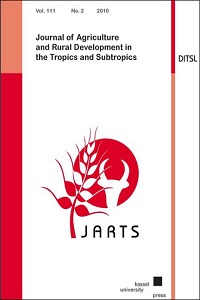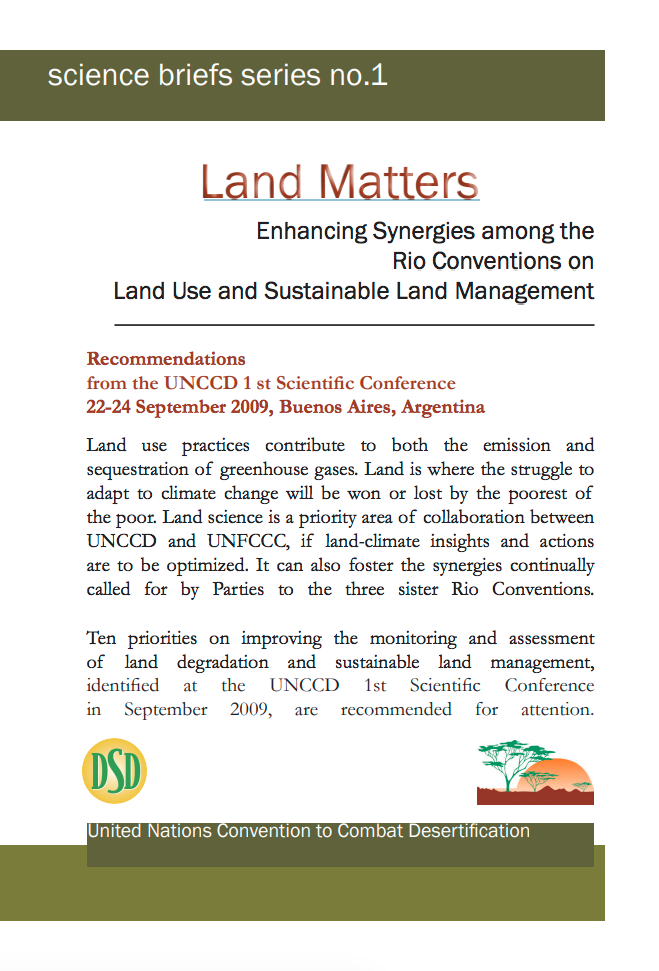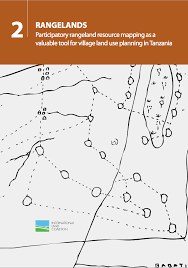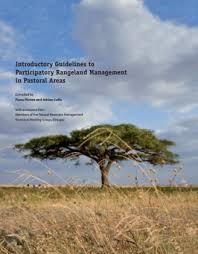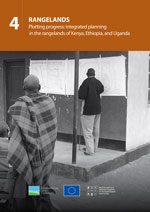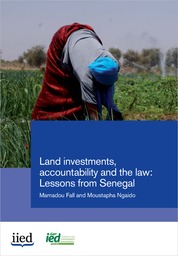The underlying causes of forest decline
Loggers, miners and rural communities all exploit forests in unsustainable ways in search of profits and means of subsistence. They are the primary actors in forest decline and their immediate motivations are the direct causes of deforestation and degradation. However, these motivations are determined, through complex causation chains, by deeper and much more fundamental forces: the underlying causes of deforestation. Effective action against forest decline requires an understanding of these underlying causes and their distant impacts on forests.


